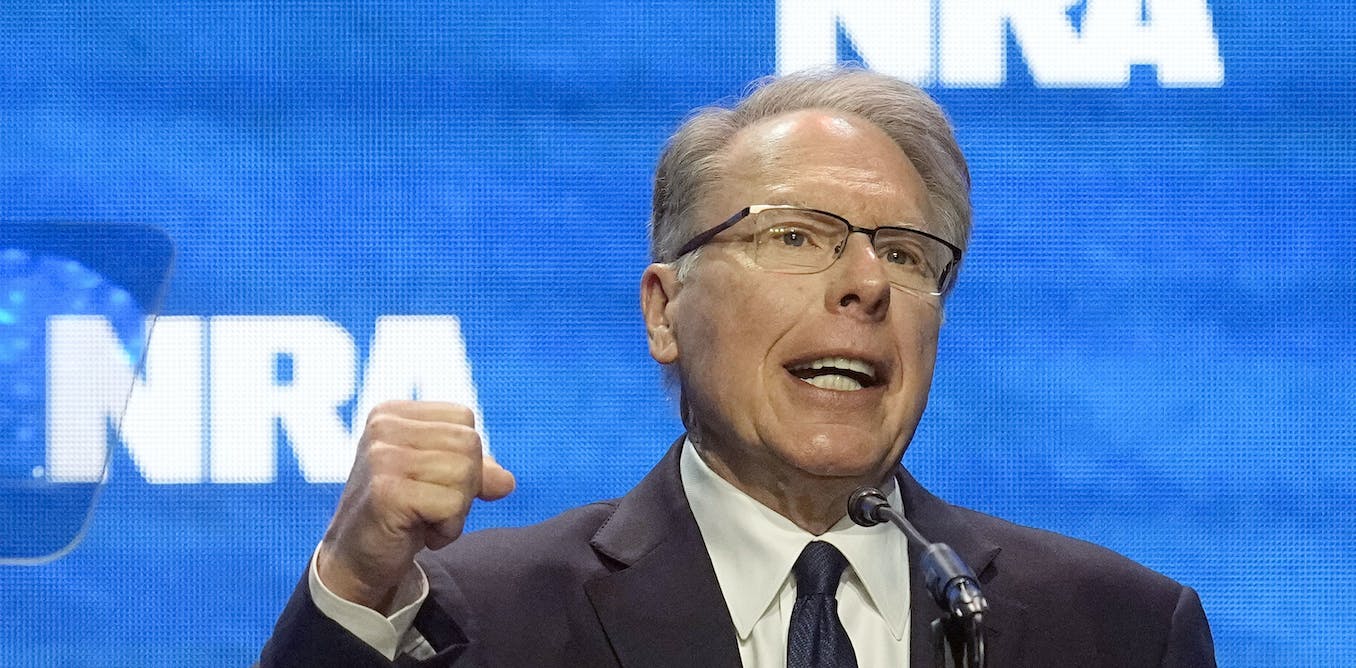Wayne LaPierre, the executive vice president of the National Rifle Association (NRA), will resign at the end of January 2024. During his 33 years of leadership, the NRA’s membership, revenue, and influence grew significantly. LaPierre’s legacy is marked by an increasingly polarized debate on gun ownership and easy access to firearms in America. His resignation comes as the NRA faces a civil fraud trial in New York City, and LaPierre cited “health reasons” as the cause for his departure. He has chronic Lyme disease and is experiencing cognitive decline.
LaPierre’s tenure saw some significant legislative defeats for the NRA. In 1993, President Bill Clinton signed the Brady Handgun Violence Prevention Act, which established background checks for gun buyers. The following year, Clinton signed the assault weapons ban into law. However, the NRA’s relentless opposition prevented the ban from being renewed a decade later. LaPierre cemented the NRA’s relationship with the Republican Party and made gun rights a politically viable strategy. He also emphasized the importance of firearms for self-defense and led efforts to change state laws on concealed carrying of handguns.
Under LaPierre’s leadership, congressional action on gun control stalled, and the NRA played a role in changing the interpretation of the Second Amendment as an individual right to own guns. However, LaPierre’s tenure also faced controversy, as allegations of financial misconduct and misuse of funds came to light in a 2019 report. LaPierre is being sued by the New York Attorney General for allegedly using the NRA as his “personal piggy bank.” The NRA has reportedly lost over 1 million members since the allegations surfaced, leading to revenue loss and program cuts.
In the ongoing civil fraud trial, the NRA is attempting to distance itself from LaPierre. The organization’s attorneys argue that his resignation is part of their efforts to clean up the association. However, his influence will still be felt in the short term, as his longtime confidant, Andrew Arulanandam, will serve as interim executive vice president. The NRA’s board will decide on a permanent replacement in May 2024.









